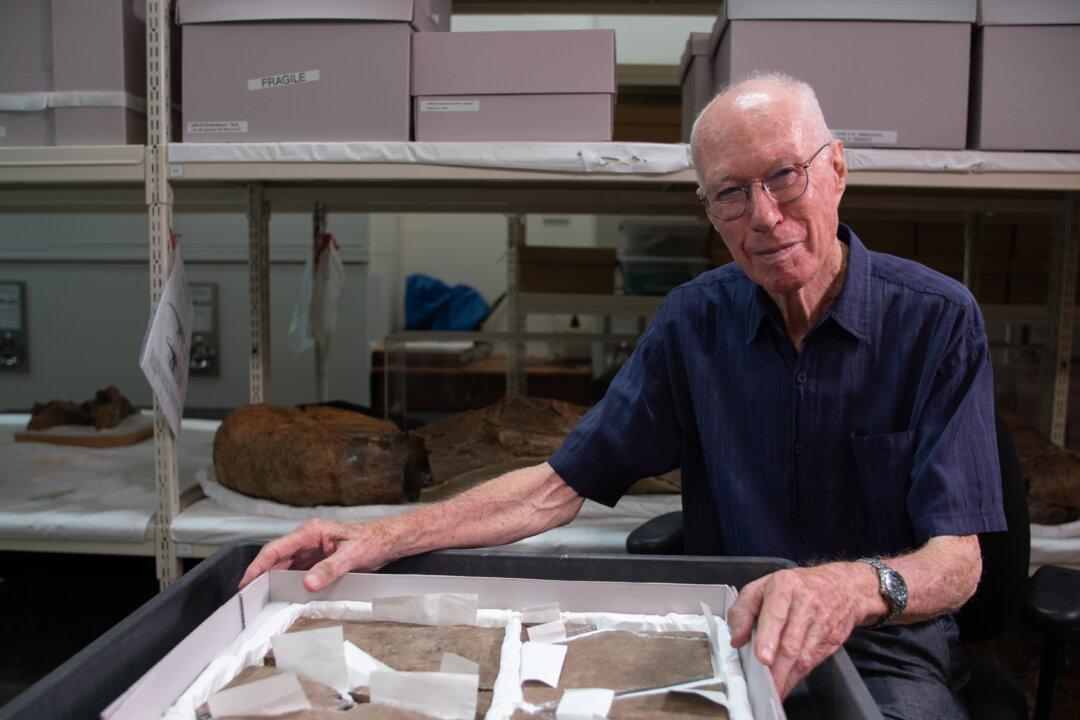A study published in The Journals of Gerontology has revealed that the type of activity older adults engage in significantly impacts brain health.
Researchers examined the activity patterns of 397 older Australian adults aged 60 and over, uncovering how different sedentary behaviours affect cognitive function or mental processes.




